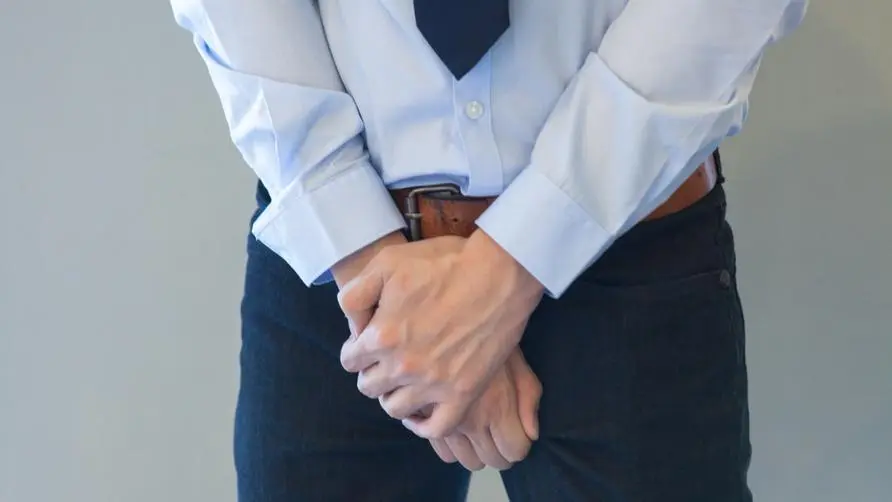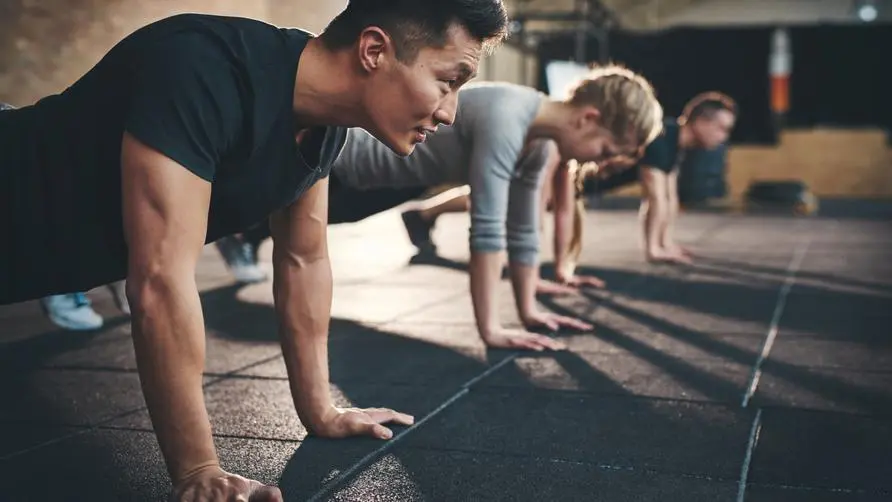Does prostate cancer make men unable to get hard? Study reveals "1 training" helps regain self-confidence

Prostate cancer causes incontinence and erectile dysfunction, men’s risk of “anxiety disorder” increases by 77%
Is suffering from “prostate cancer” related to a higher probability of “anxiety disorder”? According to content published by the U.S. National Institutes of Health (NIH), the American cancer agency “Cancer Care” conducted a survey on the anxiety and depression of 633 male patients with prostate cancer: 77% of the respondents experienced symptoms of anxiety or depression after diagnosis. ; 97% of patients felt it was necessary to identify symptoms and find treatment.
Because prostate cancer can affect the reproductive, urinary and gastrointestinal systems, the diagnosis is often associated with embarrassment and shame, according to the National Institutes of Health. In addition, prostate cancer may cause adverse effects such as severe incontinence and erectile dysfunction, which may aggravate men’s anxiety about sexual or urinary dysfunction. It can be seen that prostate cancer does have a considerable psychological impact on patients.
Does prostate cancer make men lose face? Study reveals “high-intensity training” can help regain self-confidence
How to ease anxiety in prostate cancer patients? Research published in “The Journal of Urology” shows that a long-term “high-intensity interval training” (HIIT) program may be helpful in controlling emotions. A team from the University of Alberta in Canada recruited 52 prostate cancer patients. The subjects all suffered from fear, reduced quality of life, anxiety and depression due to cancer.
The research team asked 26 subjects to carry out high-intensity training for 12 weeks: using a treadmill three times a week, alternating between low-intensity walking and high-intensity jogging 5-8 times within 30 minutes. The results showed that compared with subjects who did not exercise at all, the anxiety and stress of those who received HIIT training were significantly improved, and it was helpful to return to the self-esteem before the disease.
The research team believes that regular exercise behavior makes men realize that they are fighting cancer; exercise measures such as high-intensity training may also improve patients’ self-esteem and make their bodies better able to withstand external stress. Many previous studies have confirmed that exercise has a positive effect on mental health; in this study, planned training measures can indeed alleviate patients’ fear, hormonal symptoms, stress, fatigue and low self-confidence.
Excessive exercise may lead to arthritis and dislocation. Pay attention to “4 things” before doing high-intensity training.
However, no amount of exercise is too much, including high-intensity training. Research published in “Cell Metabolism” pointed out that wrong training plans may easily lead to sequelae such as injuries and difficulty in recovering physical strength. It is recommended that trainers or prostate cancer patients must pay attention to the following four points before training:
Never overtrain. Overtraining can easily increase the concentration of “cortisol” in the brain. Excessive cortisol levels over a long period of time can easily cause side effects, such as digestive problems, bloating, and even weight gain instead of weight loss. In addition, training for more than 150 minutes will worsen the metabolism of the trainer and lead to chaos in the circulatory system.
Avoid training too late. Training time is too close to bedtime. When adrenaline and cortisol are too high, it may affect sleep time, leading to insomnia or repeated awakenings.
Pay attention to moderate rest. High-intensity training can easily deplete “glycogen”. Too low glycogen will cause the body to become weak, tired, and have a significant decrease in physical strength during exercise. Therefore, attention should be paid to moderate rest so that the liver and muscles can store glycogen and avoid ineffective training.
Beware of risk of injury. Without training and supervision, high-intensity training can easily cause knee and shoulder injuries, which may even lead to arthritis, dislocation, strain or sprain. Therefore, before carrying out high-intensity training, one should first improve personal flexibility and balance training, and increase stretching exercises appropriately.
Source:
The Role of Anxiety in Prostate Carcinoma
Further reading:





